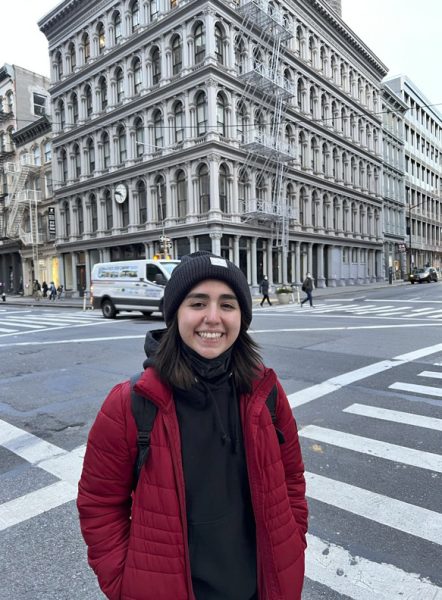Over 80,000 Utahns held medical cannabis cards at the end of March 2024, which is a 19% increase compared to March 2023, according to the state’s health department.
In 2023, Utah made $138 million in revenue from medical cannabis sales, Richard Oborn, director of the Center for Medical Cannabis at the state health department, told Axios. That’s about a 16% increase from 2022.
In 2018, Utah voters approved Proposition 2, which legalized the use of medical cannabis for patients who qualify. An official program didn’t start until 2020.
Qualifying conditions for getting a medical card in Utah are wide-ranging, including Alzheimer’s disease, cancer, PTSD and autism, among many others. Although a handful of other states consider anxiety and depression as qualifiers, Utah does not.
With Utah’s medical cannabis program approaching four years in, the Chronicle asked cardholders about their experience using cannabis as a treatment.
“My quality of life has been enhanced since I received my medical card,” said Kayelani Huff, a South Weber resident. In 1993, Huff was diagnosed with lupus and auto-immune disease scleroderma, which both cause chronic pain in her joints and tissues.
“I can’t sleep through the night because of the pain,” Huff said, adding that most days, without cannabis, her pain would be a 2-4 on the pain scale, but other times it’s an 8 or a 9. “Cannabis takes the edge off the pain. It also alters my focus so I don’t think of the pain [and] it allows me to sleep through the night.”
Stigma Decreasing
The Daily Utah Chronicle also spoke to healthcare providers who are licensed to prescribe cannabis about their interactions with patients.
Monica Hatch, a physician assistant at University of Utah Health, has been licensed to prescribe medical cannabis for almost two years. She said she prescribes cannabis mostly for chronic pain or other orthopedic issues.
Since it was legalized medically in 2018, Hatch said she feels the stigma is lowering.
“People are less afraid to admit they are using cannabis or more willing to seek it as an option,” she said.
But Hatch said she still sees patients who feel shame and worry about being judged.
“I saw a patient yesterday who was afraid that her primary care doctor was going to fire her from his practice because she was seeking cannabis [as a treatment],” she said.
Hatch added many patients have talked about being “miserable” before they tried medical cannabis.
“Interestingly, I am often impressed by how many people comment on how much their mental health has improved, anxiety and depression in particular,” she said.
Treating PTSD
Vern Tooley, a Salt Lake artist, said medical cannabis really helps lower the triggers for his PTSD — what he refers to as “constant noise in the room.”
Because of his struggles with PTSD and mental health hardships over the years, Tooley said he’s had times where he’s gotten “trapped in a cycle of believing that things will never ever get better.”
“Medical cannabis broke that cycle for me,” Tooley said. “I cry the same amount as I did when I was miserable and sad, but now it’s all tears of joy.”
Catch-all Treatment
Nikki Davis, who works for the Medical Cannabis Clinic and has been licensed to prescribe cannabis for almost three years, said the most common conditions she sees are persistent pain and PTSD.
“Some of the biggest barriers to using medical cannabis as a treatment for medical conditions are the inherent biases that many potential patients and many healthcare providers have regarding cannabis use,” Davis said.
Emily Chanthavone, a Wells Fargo escalations representative, obtained a medical card because of the many conditions she has been diagnosed with, including fibromyalgia, arthritis, alopecia, depression and anxiety.
Chanthavone said she’s often been prescribed opioids for some of these conditions but has always worried about the risks that come along with taking them.
“Medical cannabis has been the biggest help in all of my problems, in many ways — eased pain and helped with anxiety and depression,” she said. “[My] overall well-being is better with medical cannabis even if my health may be declining.”
Future of Utah Medical Cannabis
Though medical cannabis has increasingly become more accessible in Utah in recent years, both medical cannabis users and providers agreed that there are lots of improvements to be made.
Davis said she hopes that Utah expands the qualifying conditions list to include more mental health conditions and continues to study the potential benefits of cannabis for many health conditions.
“The most exciting aspect of making medical cannabis more accessible is that it gives people another option to treat their health conditions,” she said. “ … Many of my patients report that having the ability to use medical cannabis for their condition has been life-changing.”





Vickie soto • Apr 20, 2024 at 9:50 am
It’s sad you charge 250$ for a medical card in Denver I paid five dollars you are greedy and could careless about us until it happens to you or a loved one